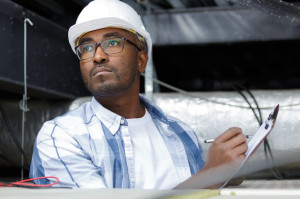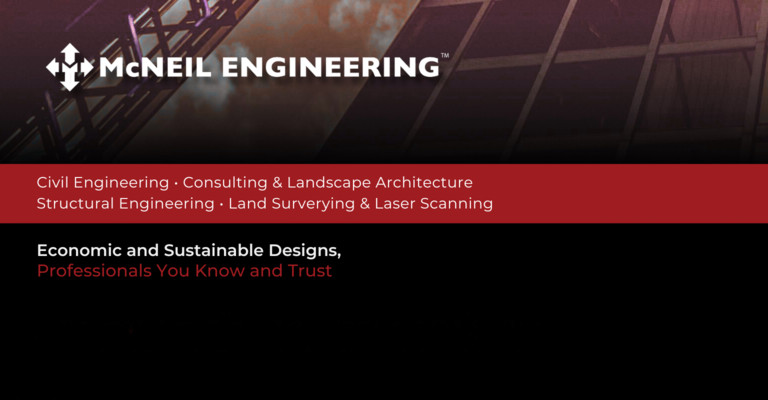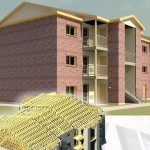 Roofs just don’t get the attention they deserve. It’s not hard to understand why. We rarely see the roof, especially of a commercial or industrial building. As a result, problems can go unseen for too long, leading to unnecessarily extensive work for a roofing consultant and expensive, time-consuming repairs that can disrupt mission-critical business operations.
Roofs just don’t get the attention they deserve. It’s not hard to understand why. We rarely see the roof, especially of a commercial or industrial building. As a result, problems can go unseen for too long, leading to unnecessarily extensive work for a roofing consultant and expensive, time-consuming repairs that can disrupt mission-critical business operations.
Turning to a roofing consultant as soon as you become a building owner to do a thorough roofing inspection — and even better, calling in a specialized roofing consultant at the architectural design stage of a new building — can save you a lot of money and time in the long run.
Here are some other tips from our roofing consultants on keeping your roofs in good condition:
The right time
Finding a small problem and fixing it promptly keeps it from developing into something major. It’s also far less expensive and time-consuming to fix a small problem than to have to replace an entire roof or section.
Consider also what a faulty, leaking roof can mean to your essential business operations: it can require disruptive work-arounds and even bring some operations to a standstill.
Create a plan for regular inspections by a qualified, professional roofing consultant at more than one point during the year. Follow their recommendations and have all maintenance performed by qualified teams.
The right people
It takes a qualified roofing specialist to do a proper, thorough inspection. The person doing the inspection has to know about different roofing systems, their advantages and their potential weak points.
Look for a roofing consultant with experience in the kinds of roofs you own, and who is honest, transparent and accountable in their reports and recommendations about what you need done.
The same applies to the people who will carry out the recommended work. When hiring a roofing contractor, learn about their workforce, their qualifications and training.
The right approach
When it comes to roofing design and maintenance, there are a lot of different factors to take into account.
It has to start with your needs as the building owner or occupant. The nature of the architecture or design of the building and the construction techniques and materials will also affect any decisions the roofing consultant will make.
In addition, things never stand still. Buildings and roofs age and change. Technology and building practices change, too — and not always for the better. Climate change, as we mentioned in an earlier blog, also is driving changes in roofing decisions.
Some roofing consultants have noticed a trend to designing and building to meet minimum requirements, or to meet warranty requirements. While this can save money in the short term and satisfy your insurance agent, a better approach is to choose optimal design and construction that meet or exceed your needs and provide the right protection. You’ll get better performance and a longer lifespan for the cost.
The right technology
In addition to having the tools and knowledge needed for roof inspection and maintenance, look at a roofing consultant’s technology. Is it up to date?
Do they use drones, GPS and digital modelling?
Do they have safety equipment in helmets and blood pressure monitors for employees who may have to go into hazardous locations to carry out a roof inspection?
Do they use current technology like paperless invoicing? While this may not be a part of the core of roofing technology, it’s a sign that the roofing consultant is staying current with technology.
The right knowledge
Regulations and tax laws are also subject to regular change. For example, changes to the tax laws in 2019 now put commercial roofs under Section 179. This doubles the deduction limit for roofing work and maintenance to $1 million. At the same time, the depreciation period for commercial roofs has been reduced from 39 to 25 years.
These factors could change your decisions on when to invest in a new roof. Ask your roofing consultant what they think this could mean for you.
The right team
A roofing consultant is an essential part of any structural engineering team. At McNeil Engineering, our team includes roofing as part of civil engineering, structural engineering, landscape architecture, laser scanning and land surveying, and paving consulting. Talk to us at any time about your roofing needs.








